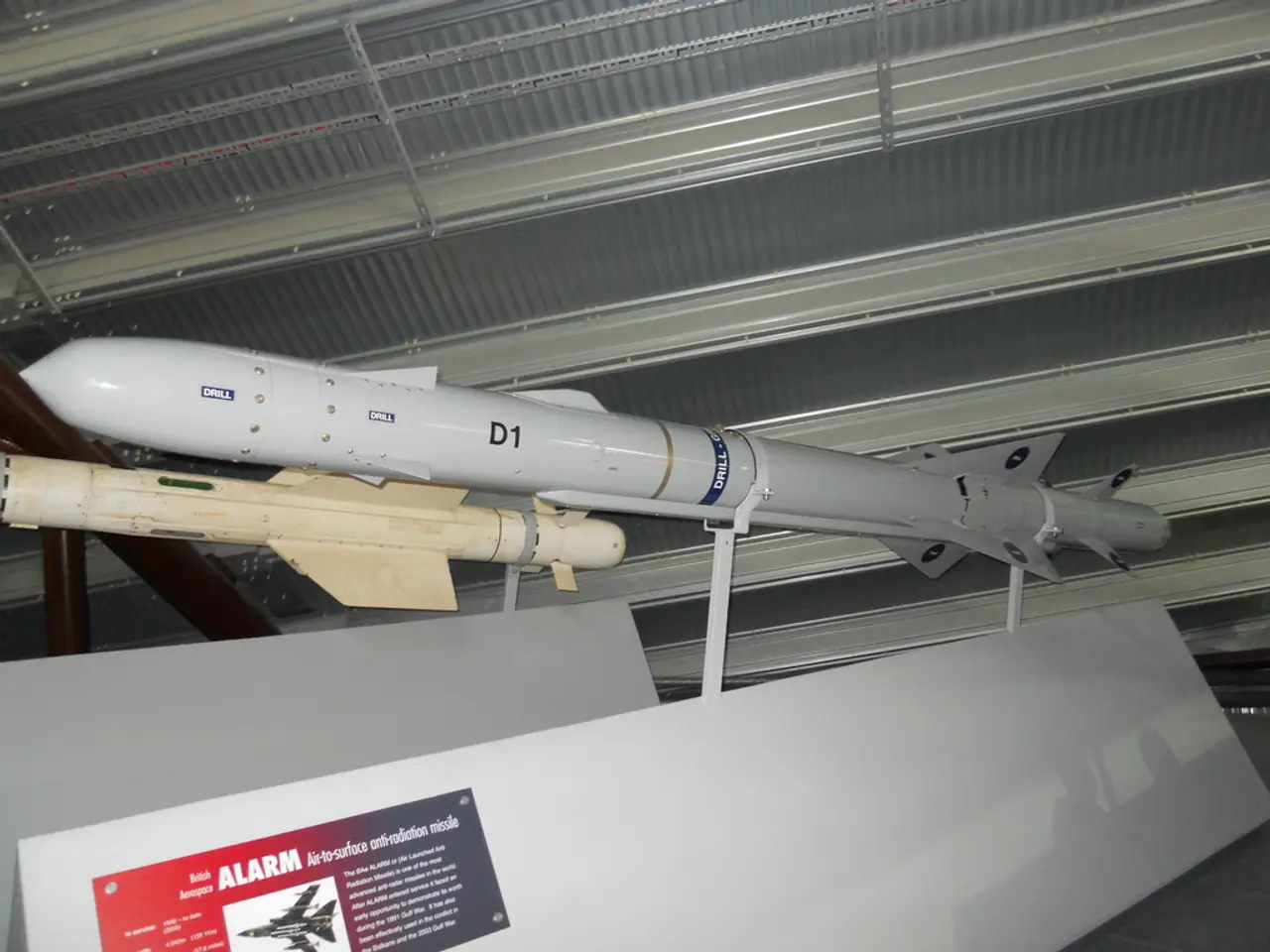Klingbeil to tackle steel tariff changes during American visit - During Mr. Klingbeil's visit to the U.S., he is set to deliberate on the steel tariff quota framework.
EU and Germany Seek Steel Tariff Quotas in Ongoing US Negotiations
Finance Minister Lars Klingbeil of Germany is in Washington, D.C. for his inaugural visit, where he will meet with US Treasury Secretary Scott Bessent to discuss the steel sector and the ongoing negotiations between the EU Commission, the US government, and Germany regarding corresponding quotas for steel and aluminum imports.
Klingbeil's visit comes as a response to the trade dispute with the USA, which has exposed perceived weaknesses in the recent tariff arrangement. The goal of his visit is to explore what's still possible to protect German jobs and economic strength, especially in the steel industry.
Last week, the USA and the EU reached an agreement that reduced tariffs on most EU products, including cars, but kept tariffs on steel and aluminum imports from the EU at 50%. Klingbeil's push for quota exemptions aims to mitigate the impact on the German steel sector amid these broader US trade policies.
The latest tariff regime, announced in July 2025 and effective August 7, 2025, involves reciprocal tariffs ranging from 10% to 41%. The EU benefits from special rules such as a 15% tariff baseline, while other countries face higher rates and stricter consequences for transshipment.
Klingbeil has made it clear that he will not be negotiating the steel tariff quota during his visit to the USA. However, he emphasized that the negotiations are ongoing and that the EU Commission is also involved in the discussions about the steel and aluminum quotas.
The meetings in Washington are taking place during Klingbeil's inaugural visit to the city. Klingbeil is visiting Washington to represent German interests, particularly in the steel sector. He also called for consequences from the trade dispute, suggesting the EU should strengthen itself, the European internal market, and work more closely with partners like Canada and Britain.
German Chancellor Friedrich Merz hopes to renegotiate these quotas to provide the European and German steel industry with sufficient export opportunities. The meetings in Washington are a crucial step towards achieving this goal.
[1] EU Observer. (2025, August 5). Germany pushes for steel tariff exemption in US talks. Retrieved from https://euobserver.com/economic/151489
[2] Reuters. (2025, August 5). Germany's Klingbeil seeks U.S. steel tariff exemptions in Washington visit. Retrieved from https://www.reuters.com/business/us-business/germanys-klingbeil-seeks-us-steel-tariff-exemptions-washington-visit-2025-08-05/
[3] European Commission. (2025, July 29). EU and US agree on tariff reductions for most EU products, but retain tariffs on steel and aluminum imports. Retrieved from https://ec.europa.eu/commission/presscorner/detail/en/IP_25_3587
[4] European Commission. (2025, July 29). EU and US to implement tariff reductions on most EU products, but retain tariffs on steel and aluminum imports. Retrieved from https://trade.ec.europa.eu/doclib/press/index.cfm?id=253587
- The finance minister of Germany, Klingbeil, is advocating for steel tariff exemptions in the ongoing negotiations with the US, taking a strategic interest in the steel industry and the German economy.
- The EU Commission has also participated in discussions about steel and aluminum quotas, aiming to ensure the Community's external relations with Central and Eastern European countries remain consistent with the objectives of the European Union, regardless of tariff policies between the EU and other nations such as the US.
- The ongoing US-EU negotiations and the subsequent tariff regimes (including the one announced in July 2025) have significant implications for the European Union's general news, politics, finance, and business, particularly the steel sector.




